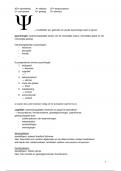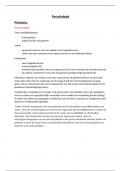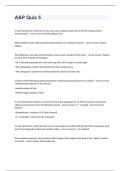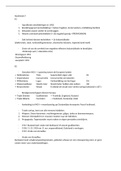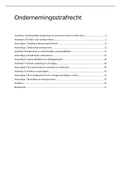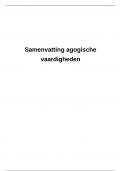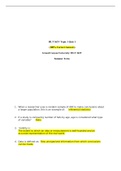Essay
30/30 Parliament/Executive Essay Plan
- Module
- Paper 2: UK Government
- Institution
- PEARSON (PEARSON)
An A* model essay on how effective Parliament is in holding the executive branch to account. Takes a thematic approach which attends to both sides of the argument, using precise A* evidence to reach a nuanced conclusion. This essay helped me to achieve a high A* in Politics. I now study at Camb...
[Show more]





